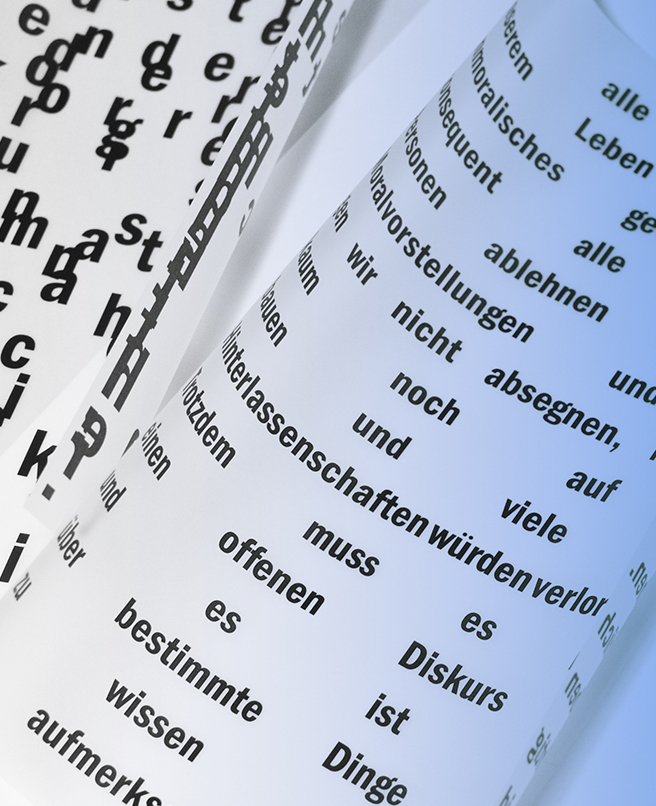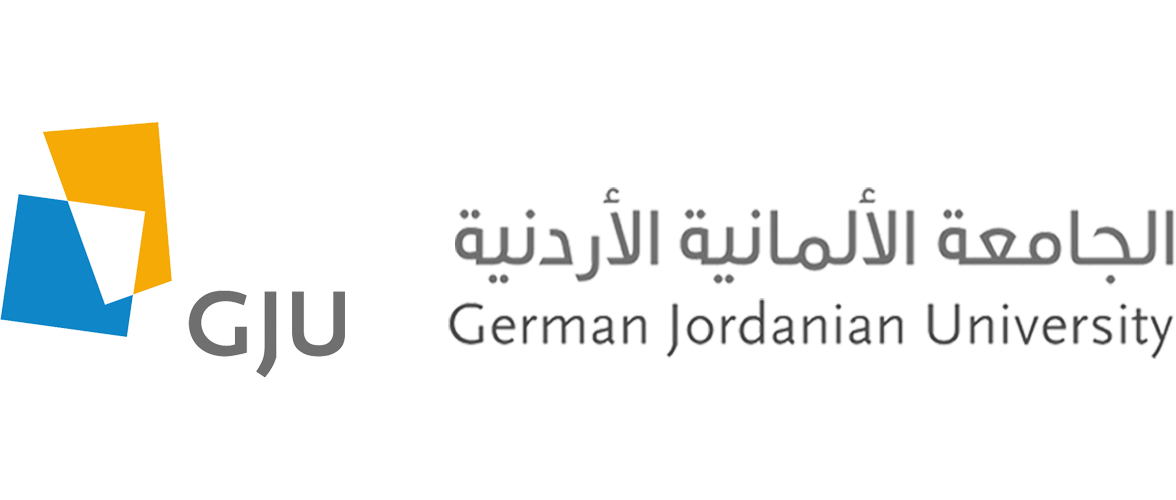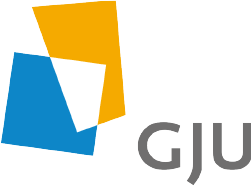Joint Ph.D. program German as a Foreign Language (Deutsch als Fremdsprache) graduates are qualified to work as university academics and professors. They may hold executive positions at state or private institutions. They can be employed as cultural mediators in the field of cultural policy, or in the field of media and publishing.
Program Description and Objectives
The Ph.D. program German as a Foreign Language (Deutsch als Fremdsprache) offers qualified students, from the region MENA (Middle East and North Africa) and beyond, the prospect of earning a Ph.D. degree, after having successfully achieved a master’s degree in German as a Foreign Language or in related fields (e.g. German Studies, Intercultural Studies, or Applied Linguistics with a focus on German language). The goals of the program are to promote research on learning and teaching foreign languages in these regions and to qualify academic staff to gain proficiency in the fields of scientific methods and methodology in foreign language pedagogy, linguistics, cultural studies, German for special purposes, and media and media methodology. A doctorate is a prerequisite for an academic career at universities in the MENA region, and the program is therefore specifically intended for this target group.
Learning Outcomes
The learning outcomes of the program in detail are:
- produce qualified researchers, with a particular ability to engage with theories about learning and teaching German as a foreign language.
- conduct empirical research using qualitative and quantitative research methodologies.
- demonstrate a high level of competence in researching, designing, and conducting scientific studies in their respective fields, independently and in accordance with international scholarly standards.
- present comprehensive documentation and publication of their research (publishable dissertation).
- qualified teachers in the didactics of German as a foreign language and in related scientific fields (e.g., Linguistics, Culture Studies, Media Methodology) in academic and educational contexts.
- cooperate with official institutions to create curricula and educational standards for German as a Foreign Language in their respective countries, in the Middle East and North Africa, and beyond.
- develop a high level of cultural and intercultural competence and will be able to cooperate in international academic contexts with researchers and academic teachers in the field of German as a Foreign Language, for the sake of their countries.
Admission Requirements
The deans’ council recommends at the beginning of every academic year the number of students to be admitted to the programs upon the recommendation of the Graduate Studies Council according to the recommendation of the Graduate Studies Committees of the department and school.
Students of the Ph.D. program in German as a Foreign Language (Deutsch als Fremdsprache) are admitted to the program upon fulfilling the following requirements:
- A bachelor’s degree (or equivalent) with a minimum rating of good (or equivalent), and a master’s degree (or equivalent) with a minimum rating of good (or equivalent), from a university recognized by the Ministry of Higher Education and Scientific Research.
- He/she shall prove that his/her study was regular for both the bachelor’s and master’s degrees.
The representatives of the DAAD (German Academic Exchange Service) and the Dean of the School of Applied Humanities and Languages are responsible for all official procedures concerning admission.
Additional Admission Requirements
- Demonstrating interest in the German language and culture, and in teaching German language and culture.
- Other criteria upon the suggestion of the Department Council and a recommendation of the Graduate Studies Council and a Deans's Council decision, such as academic behavior.
- A 10–20 page Exposé detailing a clearly defined and manageable research question, a summary of the state-of-the-art status of research in the appropriate field, the proposed methodology, an outlook on the estimated results, a list of crucial references, and a timeline.
- A Master’s thesis rated very good or excellent, or comparable scientific work (articles, research papers, conference papers, etc.).
- German Language skills are to be verified through the official German Language exams TestDaF 4x4 (or 16, cumulative).
- Successful completion of oral readiness exam.


